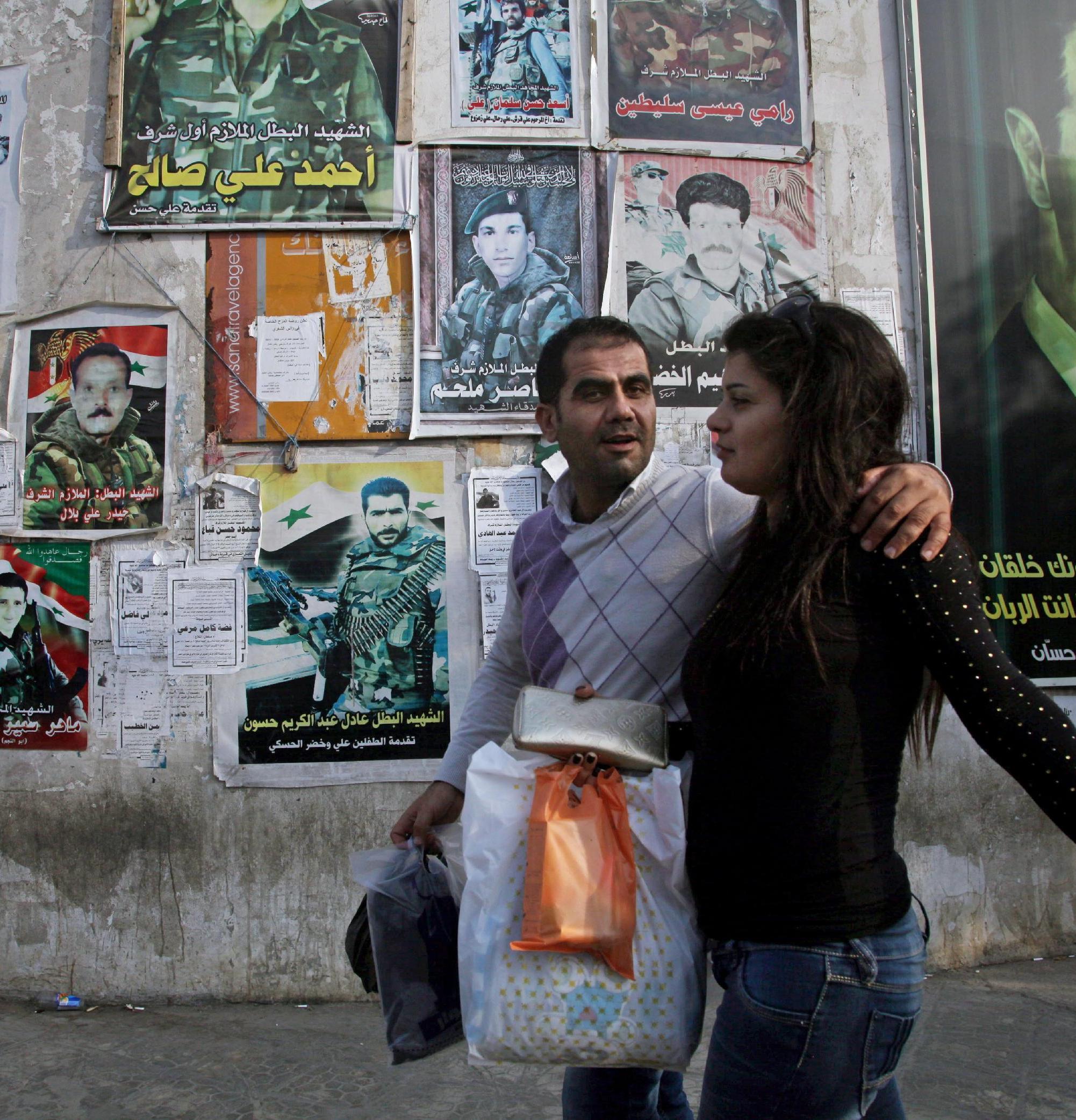Syria’s Alawites pay heavy price as they bury sons
The posters of slain Syrian soldiers, put up by families to commemorate their sons killed in the fight against rebels, are plastered on walls throughout the coastal province of Tartous. The impromptu murals of death illustrate the price supporters of President Bashar Assad are paying to defend his rule. For government supporters, Assad is synonymous with Syria itself, particularly in Tartous, a scenic port that is majority Alawite, an offshoot of Shiite Islam that is the faith of Assad’s family. For Syria’s Alawite minority, there is no other way out but to back the president, despite rumblings of dissent.
This is the price we must pay for the country. Because if the country doesn’t regain its sovereignty, then I have lost my son and my home.
Ramadan Haidar, whose 23-year-old son Mahmoud was killed fighting in northern Syria
Rebels often indiscriminately target Alawites because they are seen as the firmest pillar of Assad’s rule — and because extremists among the rebels consider them heretics. More soldiers have been killed from Tartous than any other region in Syria in the fighting to quell the armed rebellion seeking to topple Assad, now in its fourth year. There appears to be growing resentment toward Assad, particularly after the mass killings by militants. Some families say they felt their sons were sacrificed for the survival of one family. But as Islamic militants become more powerful, many Syrians see little choice — better Assad’s rule than the extremists.
We can’t live with them. We are fighting ignorance and terrorism.
Issa Mariam, 54, whose son Abdullah was killed two years ago fighting in Aleppo

Syria Middle East